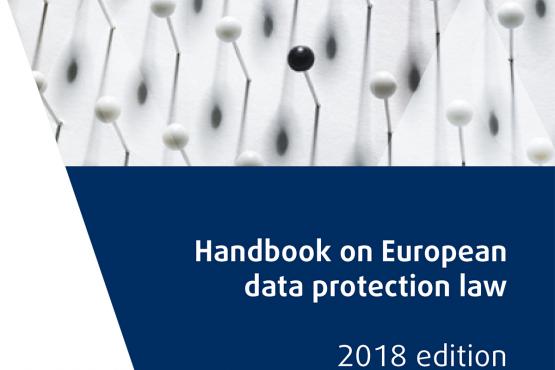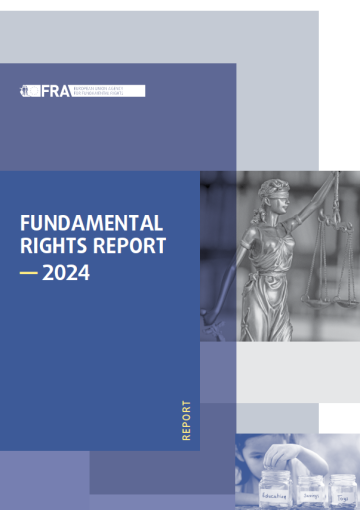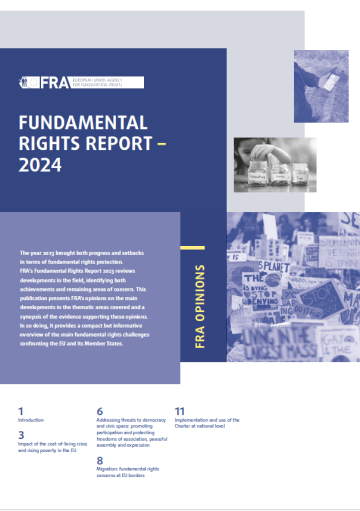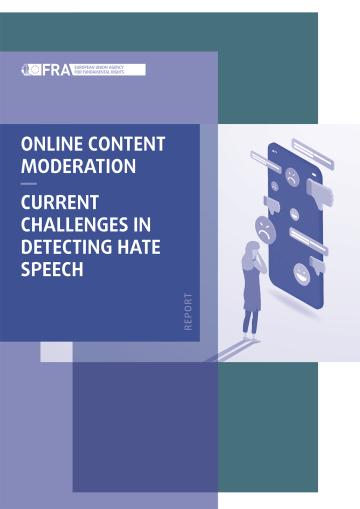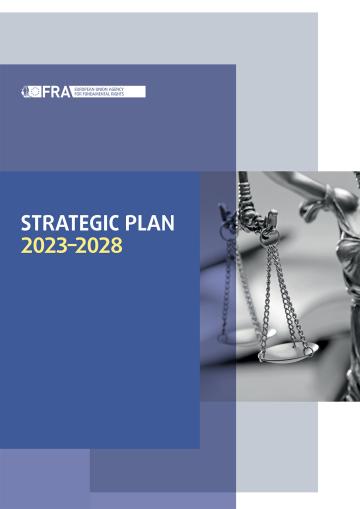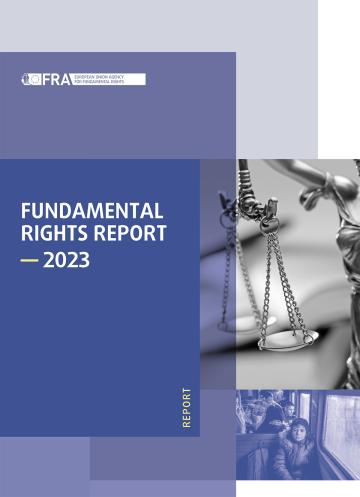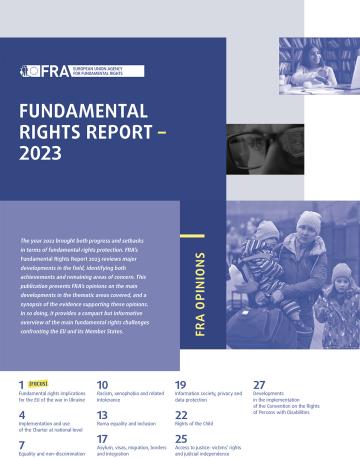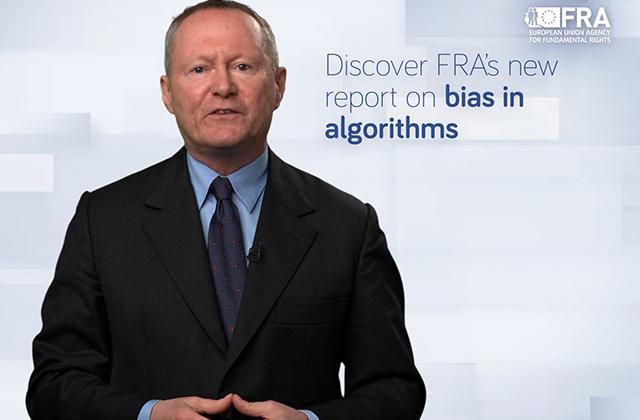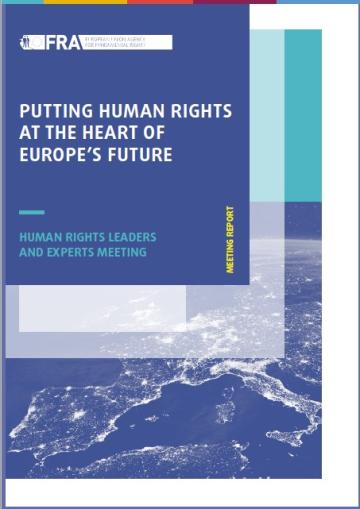Gegevensbescherming, privacy en nieuwe technologieën
Highlights
- Report / Paper / Summary4December2025Artificial Intelligence comes with both benefits and risks. Safe AI use that accounts for fundamental rights is thus crucial. While the 2024 EU AI Act was a milestone in this regard, its broad definitions regarding AI systems and high-risk AI could introduce loopholes for fundamental rights compliance. This report offers an empirical basis for much-needed practical guidance on the Act’s implementation. Based on interviews with AI developers, sellers, and users, FRA addresses challenges of its use in critical domains, like asylum, education, and employment. Our findings help guide next steps in realising the AI Act’s potential to ensure responsible innovation.
- Report / Paper / Summary24May2023This report provides a partial update on the findings of the 2017 European Union Agency for Fundamental Rights (FRA) report Surveillance by intelligence services: Fundamental rights safeguards and remedies in the EU. It was prepared at the request of the European Parliament, which asked FRA to update its 2017 findings to support the work of its committee of inquiry to investigate the use of Pegasus and equivalent surveillance spyware (PEGA).
- Report / Paper / Summary8December2022Artificial intelligence is everywhere and affects everyone – from deciding what content people see on their social media feeds to determining who will receive state benefits. AI technologies are typically based on algorithms that make predictions to support or even fully automate decision-making.
- Handbook / Guide / Manual25May2018De snelle ontwikkeling van de informatietechnologie heeft de noodzaak voor een degelijke bescherming
van persoonsgegevens weer versterkt, het recht dat wordt gewaarborgd door zowel de Europese Unie
(EU) als de Raad van Europa (RvE). De bescherming van dit belangrijke recht brengt nieuwe en belangrijke
uitdagingen met zich mee, aangezien technologische ontwikkelingen de grenzen van domeinen zoals
toezicht, onderschepping van communicatie en gegevensopslag, verlegt. Deze handleiding is bedoeld voor
beoefenaars van juridische beroepen die niet gespecialiseerd zijn in gegevensbescherming, om vertrouwd
te raken met dit opkomende domein van de wet.




